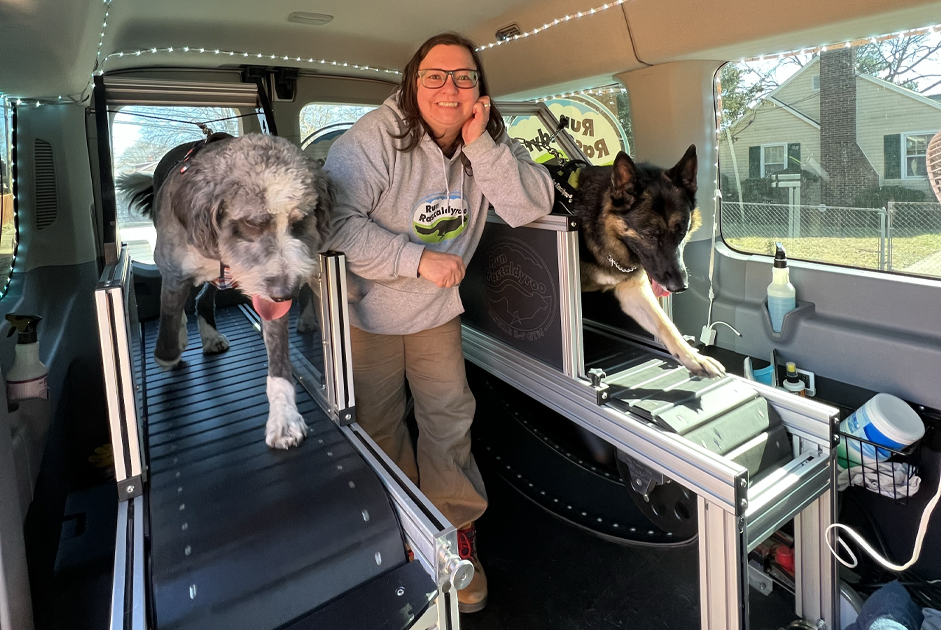Life’s story; everyone has one, and it’s always worth sharing, whether solely with yourself, your family and friends, or the entire world. Even the ordinary can be extra-ordinary. Whatever chapter you’re currently in, you’re in the process of living a chapter of your life’s book.
Documenting your life can help you make sense of things and deepen your understanding of who and where you are. Self-expression and reflection on your life can help keep track of where you have been, where you are now, and also where you’re going, as you capture the highlights (and lowlights) of your life’s journey. Thoughtful reflections can enable self-acceptance and making peace with your life.
Here are some ideas and inspiration, tips and tidbits on documenting and sharing your life story, whether journaling as a personal account, or via writing, or through multimedia.
The concept of capturing your life’s story can feel like a daunting and arduous task, but don’t let it intimidate you. Don’t feel pressured to make your story public right away. You can always decide whether or not to share with the world later on. It’s up to you who you want to share your story with and in what medium(s)/media. Even if your life’s story is only reviewed by yourself and your loved ones, it can be inspirational. There may be elements of your life you feel embarrassed or even ashamed of, but mustering up the courage to share them can be therapeutic.
There are many ways to document your life’s story. Writing, which can be therapeutic, is not for everyone, so consider other options. Maybe you’d rather start by recording some impromptu audio that can later be translated into writing. Or, if you’re comfortable being in front of the camera, a series of video recordings can be a personable way to express yourself. On the flip side, if you want to minimize rambling, dead spaces, or moments you’d rather edit out in post-production, it makes sense to have a script to go by. Having a script to work with can provide an ideal framework, whether you read, memorize, or simply use it as a guide. Some key advantages are staying on track, as well as editability, share-ability, and flexibility. And, if you’re audio- or camera- shy, you can always have someone else read or act it for you.
Don’t worry about where to start. You can overcome writer’s block. Though you may prefer to organize your content into chronological order in the editing process, there’s no need to force it. Write what comes naturally. An outline, though not mandatory, can also help provide structure, like a blueprint, for organizing your life’s story sequentially. Consider identifying some of the major highlights, life milestones, and events before you delve into all the details and specifics.
TIPS AND TIDBITS ON SHARING YOUR LIFE’S STORY
- Relax, as you reflect on your life.
- If you have enough material to cover several novels, break it up.
- Write without a filter (i.e., don’t edit at first)
- Be honest and tell the truth, however ugly.
- Know the audience (whether one person or multiple people) you’re reaching.
- Don’t be afraid to think outside the box.
- Don’t diminish the dark side. Life is like a coin. It’s two-sided, so if you want to share your full story, don’t just stick with the good times and positive memories.
- Focus on your own healing as you make peace with a past and move forward from any hurt and harm you’ve been through.
- Allow the recap to improve your life; learn from mistakes, rid yourself of regrets, and keep the pages turning.
- Don’t overwhelm yourself; pour a bit at a time into the glass and pretty soon the drops of water falling into it will make it full (and when it’s halfway there, you can see the glass as halfway full, too).
Remember, it’s your life and your choice to share it. Accept it. Love it. Claim it.



















